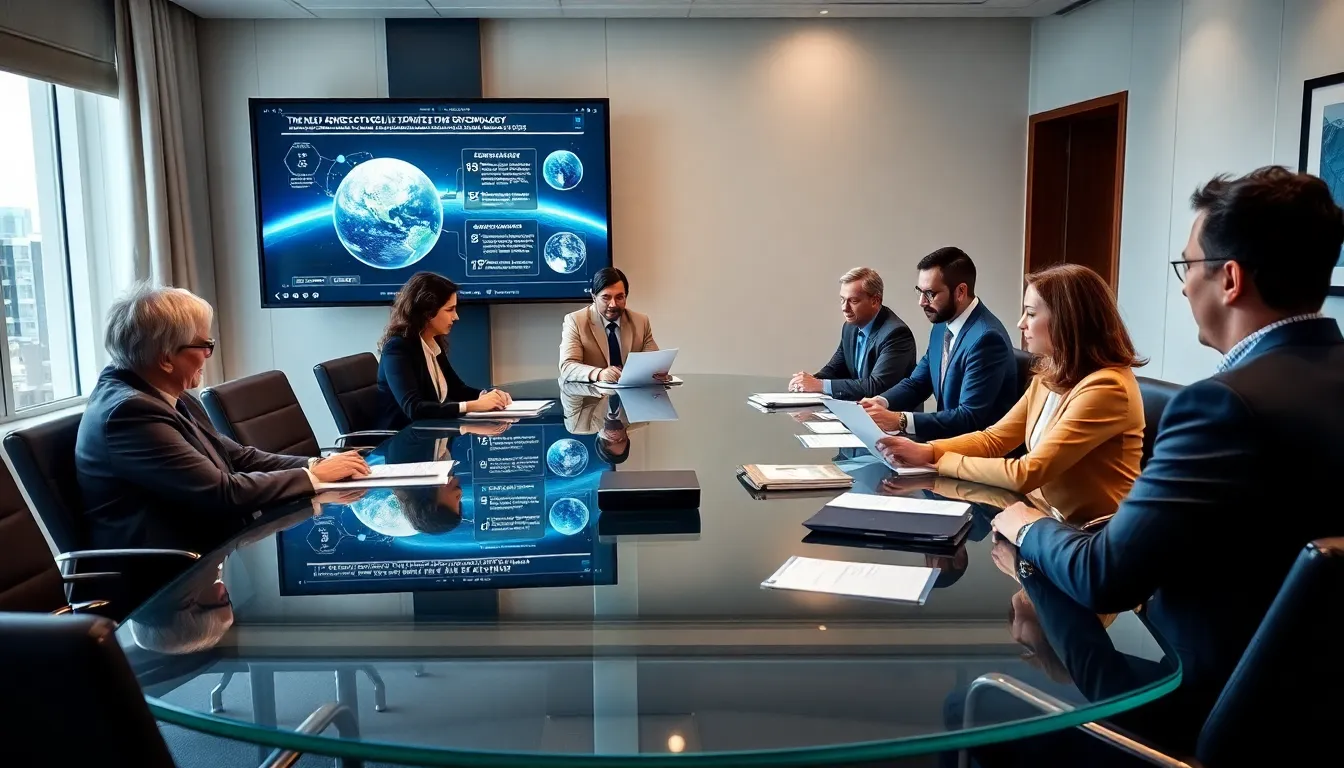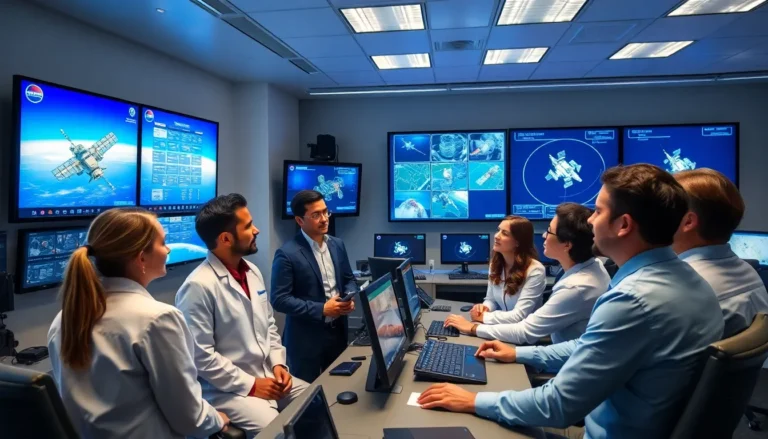Imagine a world where science and technology come together to explore the vastness of space. It sounds thrilling, right? That exhilarating ride isn’t just a figment of our imagination: it’s the daily work of the Science Space and Technology Committee. With its finger on the pulse of innovation, this committee plays a vital role in shaping our future. If you’re curious about what they do, why they matter, and how they’re paving the way for tomorrow, stick around, this is one journey you won’t want to miss.
Table of Contents
ToggleOverview Of The Committee

Historical Background
The Science Space and Technology Committee, often just called the Space Committee, has been a cornerstone in promoting scientific inquiry since its inception. Established in the 1950s, it emerged during a dynamic period marked by the Cold War and the race to space. With each legislative session, Congress recognized the necessity of a dedicated body to oversee and advance America’s scientific prowess and technological capabilities in exploration. Early missions, such as those leading up to Apollo, were buoyed by the committee’s insights and directives, laying the groundwork for future exploration.
Key Responsibilities
This committee is charged with several key responsibilities that help steer the nation’s scientific initiatives. They engage in oversight of NASA and other federal science agencies, ensuring an alignment with national goals for space exploration and research. Also, the Committee crafts legislation that fosters innovation while addressing the concerns of space policy, budget allocations, and technological advancements. Their work contributes significantly to shaping America’s future in the universe, addressing everything from climate change technologies to national security related to space.
Current Membership and Leadership
Significant Legislative Actions
Leadership changes within the committee often coincide with pivotal legislative actions directed towards advancing technology and scientific achievements. Recent bills focused on STEM (science, technology, engineering, and mathematics) education reflect efforts to bolster the next generation of scientists and engineers. They have also pushed through funding for critical programs aimed at deep space exploration, renewable energy technologies, and sustainability efforts, paving the way for breakthrough discoveries in our understanding of the universe.
Impact on Scientific Research
The committee’s influence on scientific research cannot be overstated. By prioritizing and funding large-scale experiments, the committee ensures that the United States remains a global leader in research. Their decisions affect everything from the types of experiments conducted on the International Space Station to the resources allocated for Earth observation satellites. Each initiative supported by the committee creates opportunities for innovation and propels scientific progress, significantly enhancing our ability to respond to complex global challenges.
Collaboration With Other Agencies
Future Challenges and Opportunities
As the committee looks ahead, it faces numerous challenges and opportunities. The rapidly evolving landscape of technology means that existing frameworks may need to adapt to incorporate new realities. Collaborating with other federal agencies enhances their reach and capabilities, especially about issues like cybersecurity in space technology and international partnerships. Finding the balance between aggressive exploration and the ethical implications of space resource utilization will be essential in guiding future policies.
Technological Innovations and Developments
Embracing new technological innovations stands at the forefront of their mission. The committee is keenly focused on advancements such as artificial intelligence and machine learning, which can optimize satellite data utilization and improve the efficiency of space missions. They also explore novel propulsion technologies, which could drastically reduce travel time for space missions. By leveraging these developments, the committee aims to enhance both our exploratory capabilities and our understanding of fundamental scientific principles.




